Hung Yen is one of the localities with the largest number of victims of toxic chemicals (AO) in the Northern region, including both direct and indirect victims. In recent times, the province has paid attention to implementing policies for resistance fighters and their children infected with AO. However, in the process of implementation, shortcomings have been revealed; these issues have been and are being overcome by the province to ensure that the policy implementation is thorough, timely, to the right people, and in accordance with regulations.
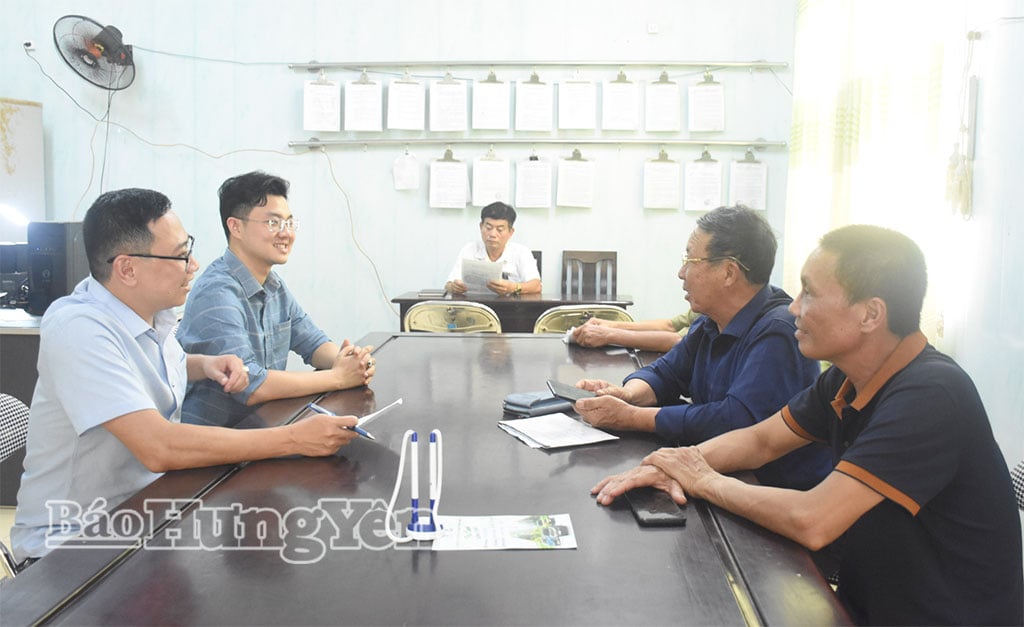
Conclusion of the Inspectorate of the Ministry of Home Affairs
The policy for people with HIV/AIDS infected with dioxin has been implemented since 2000. This is a correct policy, demonstrating the humanity of the Party and the State with the great contributions of previous generations who sacrificed their blood and bones for the independence and freedom of the Fatherland. The story worth mentioning here is that in 2014, during the inspection process, the Inspectorate of the Ministry of Labor, War Invalids and Social Affairs (now the Ministry of Home Affairs) pointed out shortcomings in the implementation of policies for people with HIV/AIDS infected with dioxin and their children in the former Thai Binh province (now Hung Yen province). The two conclusions of the Inspectorate of the Ministry of Home Affairs related to the implementation of policies for people with HIV/AIDS infected with dioxin are Conclusion No. 44/KL-TTr, dated April 2, 2015 and Conclusion No. 482/KL-TTr, dated November 29, 2017; which pointed out the shortcomings as follows: “When the competent authorities did not have guidelines on the list of deformities and disabilities related to exposure to dioxin as a basis for establishing records, the Department of Labor, War Invalids and Social Affairs (now the Department of Home Affairs) based on the list of 125 types of dioxin deformities and disabilities issued with Instruction No. 06, dated March 8, 2007 of the former Thai Binh Department of Health to establish, review and confirm records for people with dioxin-infected labor who gave birth to deformed or disabled children. There were many cases where the medical staff at the commune and district levels did not have enough basis to determine congenital deformities and disabilities such as congenital myopia, congenital rash, chest deformities or confirm diseases that were not deformities or disabilities but were still treated with policies such as spinal spurs, anal polyps, and periodic myasthenia gravis”...
Pursuant to the conclusion of the Inspectorate of the Ministry of Home Affairs, the Provincial People's Committee has decided to establish a provincial working group consisting of the Department of Health, the Provincial Military Command, the Provincial Police, the Department of Home Affairs in coordination with functional agencies in the district and commune to conduct inspections and review of evidence on the status of deformities and disabilities of biological children as a condition for resolving the regime for people with HIV/AIDS infected with dioxin. Through review, in cases where there are sufficient documents proving the battlefield, the biological children declared in the records have deformities and disabilities according to regulations are eligible to continue receiving subsidies. In cases where there are no documents proving the battlefield or where it is not possible to supplement them or through evidence it is concluded that the biological children declared in the records do not have deformities or disabilities or the people with HIV/AIDS do not have diseases according to regulations, the subsidies will be stopped. Ms. Dang Ngoc Hanh, Head of the Department of Meritorious People, Department of Home Affairs said: Following the direction of the Provincial Party Committee and the Provincial People's Committee on the implementation of the conclusions of the Ministry Inspectorate, the Department always asked for the direction of the Provincial People's Committee on the process, methods, and ways to implement the review and verification; when difficulties and problems arise, they report and ask for timely opinions. The Department has followed the 5-step process correctly, which is to make a list of subjects to be reviewed; organize verification to assess the deformities and disabilities of the children of the beneficiaries; organize review and re-assess cases of the children of the beneficiaries who do not have deformities and disabilities to agree to stop the subsidy; organize the public announcement of the results of the review and verification and issue a decision to suspend the implementation of the policy.
Care, solve thoroughly and promptly
Currently, preferential treatment for people with meritorious services and relatives of people with meritorious services to the revolution is implemented according to the provisions of Ordinance No. 02/2020/UBTVQH14, dated December 9, 2020 of the Standing Committee of the National Assembly and Decree No. 131/2021/ND-CP, dated December 30, 2021 of the Government. Regarding the conditions and standards for people with dioxin infection, they are prescribed in Article 29 of Ordinance No. 02/2020/UBTVQH14 and Article 53 of Decree No. 131/2021/ND-CP. Ms. Dang Ngoc Hanh, Head of the Department of Meritorious People, Department of Home Affairs, said: Conclusion No. 44/KLTTr dated April 2, 2015 of the Inspectorate of the Ministry of Home Affairs did not recommend stopping the subsidy for all cases of preparing records to apply the list of deformities and disabilities according to the instruction No. 06 of the Department of Health, but required inspection, review, and verification to assess the status of deformities and disabilities of biological children as a condition for resolving policies for people with meritorious people. In cases where the regulations are not met, the subsidy will be stopped. The review and verification process was carried out by the province carefully, thoroughly, and objectively, ensuring the rights and legitimate interests of people with meritorious people in accordance with the provisions of law.
Ms. Do Thi Vinh, Vu Thu commune, has enjoyed the policy for people with disabilities since 2009. After the verification and review process, in November 2020, she was notified that the policy was temporarily suspended. The reason was that she needed to supplement her records to prove that she had a child with a deformity or disability or that she herself had a disease or disability related to exposure to dioxin. After receiving support from departments and branches for the assessment, only 3 months later, Ms. Vinh was resumed the policy. Or in the case of Mr. Nguyen Thanh Kien, Thu Vu commune, who has enjoyed the policy for people with disabilities since 2009. In November 2020, he had to receive a decision to temporarily suspend his allowance. However, after conducting a medical assessment and ensuring that all documents were complete as prescribed, Mr. Kien was restored to his monthly allowance. Mr. Kien was excited because his case had been taken care of by the competent authority, resolved accurately and thoroughly. He shared: I joined the army in 1965, participating in the battle in Quang Nam from then until the day the country was liberated. When I returned to my hometown, my health was seriously affected because I had lived and fought for a long time in an area where the US had sprayed Agent Orange. My children also suffered from the consequences of the war. When I received the notice that I was not eligible for monthly benefits, I was very sad, partly because my budget to take care of my family's life was suddenly cut off, but even sadder was that I felt that my efforts and sacrifices had not been properly rewarded. However, with the guidance and support of the competent authorities, I underwent a medical examination and had my monthly benefits restored.

The story of Ms. Vinh or Mr. Kien is not the only case in the province that has resumed the policy after completing the documents. To date, 422 people have supplemented their documents and have enjoyed the policy regime according to regulations. The Department of Home Affairs regularly conducts periodic inspections and checks on the implementation of preferential policies for people with revolutionary contributions in general and the regime for people with dioxin-infected workers in particular. During the policy settlement process, the Department always reviews and re-examines the records very carefully and thoughtfully. For the denounced cases, the Department always checks and verifies, and in cases where the benefits are not in accordance with regulations, it promptly stops the implementation of the regime. For cases with signs of law violations, the Department has coordinated and transferred the records to the police agency for investigation, clarification and strict handling.
Caring for people infected with dioxin is a correct policy, demonstrating the humanity of the Party and the State with the great contributions of previous generations who sacrificed their blood and bones for the independence and freedom of the Fatherland. However, we must understand that people with revolutionary contributions and people with meritorious services who are eligible for policies are different. Hung Yen province will continue to strictly implement the conclusions of the Inspectorate of the Ministry of Home Affairs on the basis of compliance with the provisions of the law. At the same time, we will pay attention to and thoroughly and promptly resolve difficulties and problems so that people infected with dioxin can fully enjoy preferential policies of the Party and the State according to regulations.
Do Hong Gia
Source: https://baohungyen.vn/giai-quyet-thau-dao-kip-thoi-chinh-sach-doi-voi-nguoi-hoat-dong-khang-chien-bi-nhiem-chat-doc-hoa-ho-3184722.html



![[Photo] General Secretary To Lam chairs a working session with the Standing Committee of the Government Party Committee](https://vphoto.vietnam.vn/thumb/1200x675/vietnam/resource/IMAGE/2025/9/17/cf3d855fdc974fa9a45e80d380b0eb7c)

![[Photo] Science and Technology Trade Union honors exemplary workers and excellent union officials](https://vphoto.vietnam.vn/thumb/1200x675/vietnam/resource/IMAGE/2025/9/17/842ff35bce69449290ec23b75727934e)



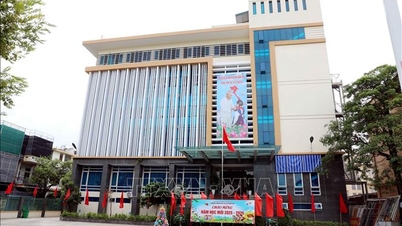


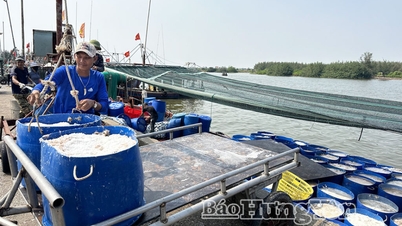

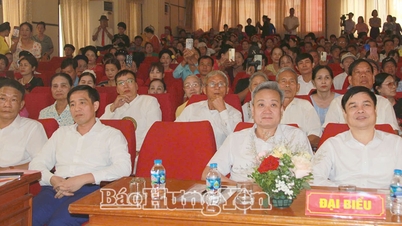

















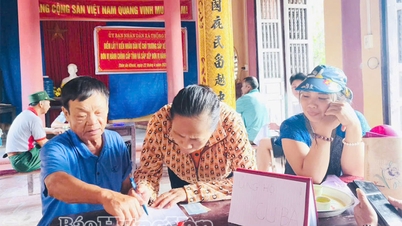
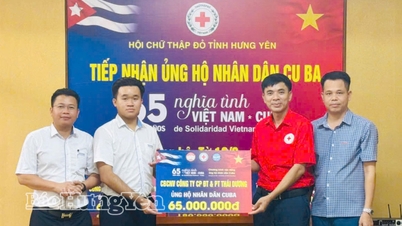









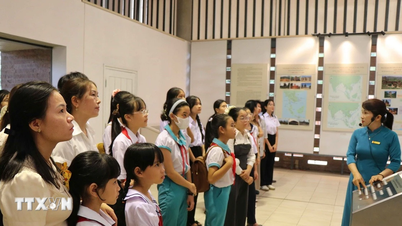

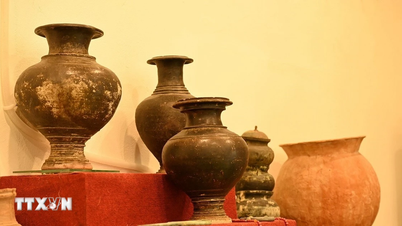




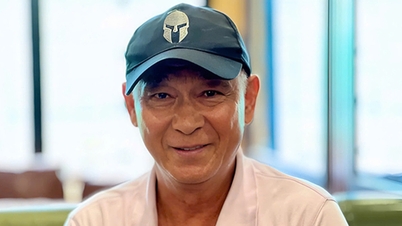

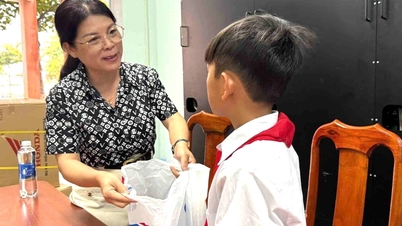
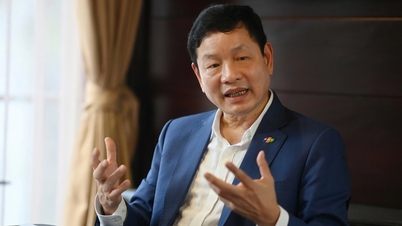










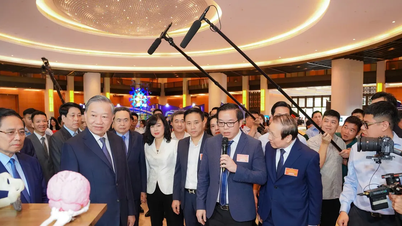

















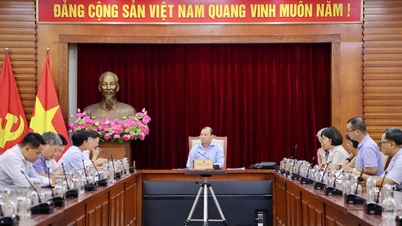




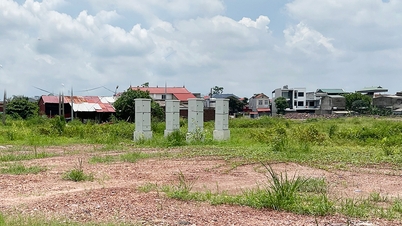






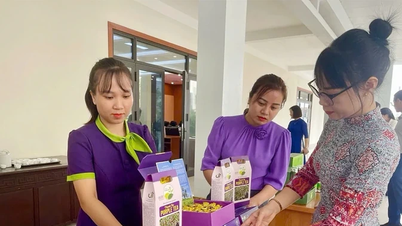











Comment (0)